1 Wis. 7: 7-11; Ps 90: 12-17; Heb. 4: 12-13; Mk 10: 17-30
Wisdom is naked truth! “Perfection is not when there is no more to add, but no more to take away” wrote Antonine De Saint-Exupery. We have all grown up with “dichos” those sayings with one liners of wisdom that capture the essence of a teaching. They are easy to remember but serve to penetrate our minds and hearts “sharper than a two-edged sword” cutting “down to the bone” as we say and to our souls.
When Solomon prayed in the first reading prudence was given to him. Prudence as in having the ability to discern with right judgment was his reward. He could have prayed for victory over his enemies, his health and his wealth. He recognized the one priority as “wisdom greater than any priceless gem, silver or gold.” When Solomon set his priorities according to God’s order “all good things together came…and countless riches at her hand…” He was given the treasure of wisdom but also the earthly treasures of his kingdom with honor.
The Word of God cuts judicially “both ways”. One side cuts through to the prime rewards of obedience to God’s commands. We see this in the Gospel when the young man “with many possessions” testified to his obedience to the commandments Jesus presented to him saying, “Teacher, all these things I have observed from my youth.” His life has been blessed with many material possessions. It also cuts from the other edge where sin and reckless behavior gives rise to adversity and sorrow. Having entered my 60’s already I realize the sins of my youth have already started to be revealed in my aging problems. I have quite a bunch of friends. I wake up with Buddy Aches, spend the day with Arthritis, eat with Tummy Hurts, and go to bed with Ben Gay. These are the good guys to help me face my enemies. We pick our lifetime friends by the choices and lifestyle we live and they are very loyal in sickness and in health.
Hebrews however gives us God’s wisdom in his order to judicial process. In the world we normally have an inquiry that leads to judgment and ends with verdict for execution. In Hebrews we see the execution has already been set by the Word of God “living and effective”. Those who “follow me” receive the retribution of reward or suffering from the judgment of naked truth as our minds and hearts are revealed. At the end comes the inquiry “to render an account” no one escapes in the final opening of the seal revealing our life story. This revelation is the judgment set to be executed though our life journey “living and effective” in our days and the account will come beginning at the moment of death into our afterlife and the naked truth is revealed. It is said freedom is the right to choose what I want, when I want it, and how I want it. Sounds good until we recognize it comes like a two edge sword with the consequences of our choices. Wisdom recognizes freedom as the right to take responsibility for ourselves. Which way is cutting is in our hands.
In Mark’s gospel the young man calls Jesus “Good teacher”. His title for Jesus limits his view of Jesus as a prophet, a man of wisdom. Jesus wisdom is to pose a question and without waiting gives the answer. Indirectly the question is asking him ‘who do you say that I am?’ He cuts to his heart by responding “no one is good but God alone”. Hint, hint! The young man is to discern the divine nature of Jesus but apparently doesn’t get it since he continues to call him “teacher”. Jesus presents six commandments to follow to which the young man affirms “Teacher, all these I have observed from my youth.” Jesus looks at him with love to penetrate his heart like a two edged sword. It is always easy to look at an infant with love. Not so easy to look at our enemies, our friends, or sometimes even our family with love. It makes us vulnerable. Do it and people will question you, “What’s wrong or what do you want?” We don’t know how to accept love as easily.
Jesus is calling him to love God as the first priority noted in the top three commandments not stated but implied by the action he calls him to follow. He gives him two directives to fulfill his call to perfection. The first is the perfection of letting go to the degree there is “no more to take away”, no more to hinder his journey of faith to God. William of Ocam says, “It is vain to do with more what can be done with less.” We accumulate our “stuff” all with special meaning, stuffing our closets, garages, and even get a storage shed unwilling to let go. Every now and then we shuffle through it, forget how most of it ended up with us and then reorganize our stuff again.
The second directive was “follow me”. The message for us is “who is Jesus in my life?” If he is my Lord then our first priority is to follow him in our daily lives fulfilling the top three commandments. We then order our lives according to our relationships with others. Material treasure is not to hinder our priorities to God and neighbor. Jesus sets the record straight at the end regarding “wealth”. He does not condemn wealth it is a part of creation. We build wealth out of God’s creation. Jesus raises our awareness with wisdom to the truth wealth can have when we allow it to possess us and keep us from a right relationship with God. The drive for wealth can come at the expense and injustice to the poor when we don’t pay a living wage. It may promote greed not generosity, false witness not truth, stealing not integrity, adultery not chastity, and even murder not life. We allow it to become an obstacle to a right relationship with God.
Wisdom is personified as a woman while the commandments come from a Father. The wisdom of God comes to us through a woman who gave birth to a son, Jesus and his truth is given in the proclamation of the Word made flesh. Mary’s wisdom was her fiat entering into the universal plan of salvation. Her riches and glory came in raising her son, loving her husband, and being obedient. In Mary the execution was set for her life but she had to consent and live the judgment of the Lord’s passion. Mary followed the plan receiving the judgment awaiting her reward for her account on earth and now in heaven as Queen of Heaven and Earth.
The book of Wisdom* written by sages of the time we would consider as our contemporary prophets and theologians. Sages recognized a great truth in the order of the universe. The God of all creation has established natural laws of the universe. In this New Age movement some identify with these natural laws and try to tap into them with meditation, aroma therapies, mineral therapies, yoga meditation, and other Zen like approaches seeking peace, harmony, and well-being. They focus on the universal principles of the cosmos without recognizing the source of creation, the prime mover, the God of the universe. The problem is they stop short of making this connection to the source of life itself. These sages of the past in observing the world recognized each component in this world has a place in the overall plan of God’s design.
Today we would make comparisons of cause and effect, food chain, evolution of nature, and each person in life makes a difference in the larger plan of God. It is not just about you, it is about your contribution to the greater good and for the faithful our contribution to salvation history. Sages also believed if we disregard our calling we will bring about our own hardships. The dynamic of life is in constant motion like riding the rapids in a canoe, sometimes calm and other times fast, rough and rushing. Proverbs says, “Fear of the Lord is the beginning of Wisdom” (Prov. 9:10) Fear of the Lord is the realization of the two edge sword created by the awesome creation of the natural law we are members of and of the consequences that come by rebelling away from our call to “follow” his plan for us.
We are headed into the holiday season secular and Christian. Some celebrate Halloween, or the Day of the Dead, All Souls Day and we get sugar overload. Then Thanksgiving comes with all kinds of carbs and dressings followed by Christmas and juicy fat tamales by the dozen, ending in New Year’s drinks, nachos, and guacamole. We indulge and rush to get more stuff we call our treasures in toys, shoes, electronic gadgets and there is always the next best phone or 4-D mega screen TV and more. We wake up and discover we just gained another 20 pounds of bondage in our “freedom”.
The knife cuts both ways as we can celebrate in fellowship with church festivals, Posadas, Holy Days of obligation, processions, adoration, rosaries, family reunions and yes some treats in moderation. Freedom is taking responsibility to the naked truth. Advent is coming and it is a good time to move in the direction of having no more to let go of. In Spanish we say, “el que mucho abarca poco aprieta” meaning “the more we try to squeeze into our life the less we gain”. Gain more with less and we will be on our way to perfection.
*The Paulist Biblical Commentary; “Wisdom Literature”; Paulist Press, New York/Mahwah, NJ, 2018. Pg. 423-425.
Tags



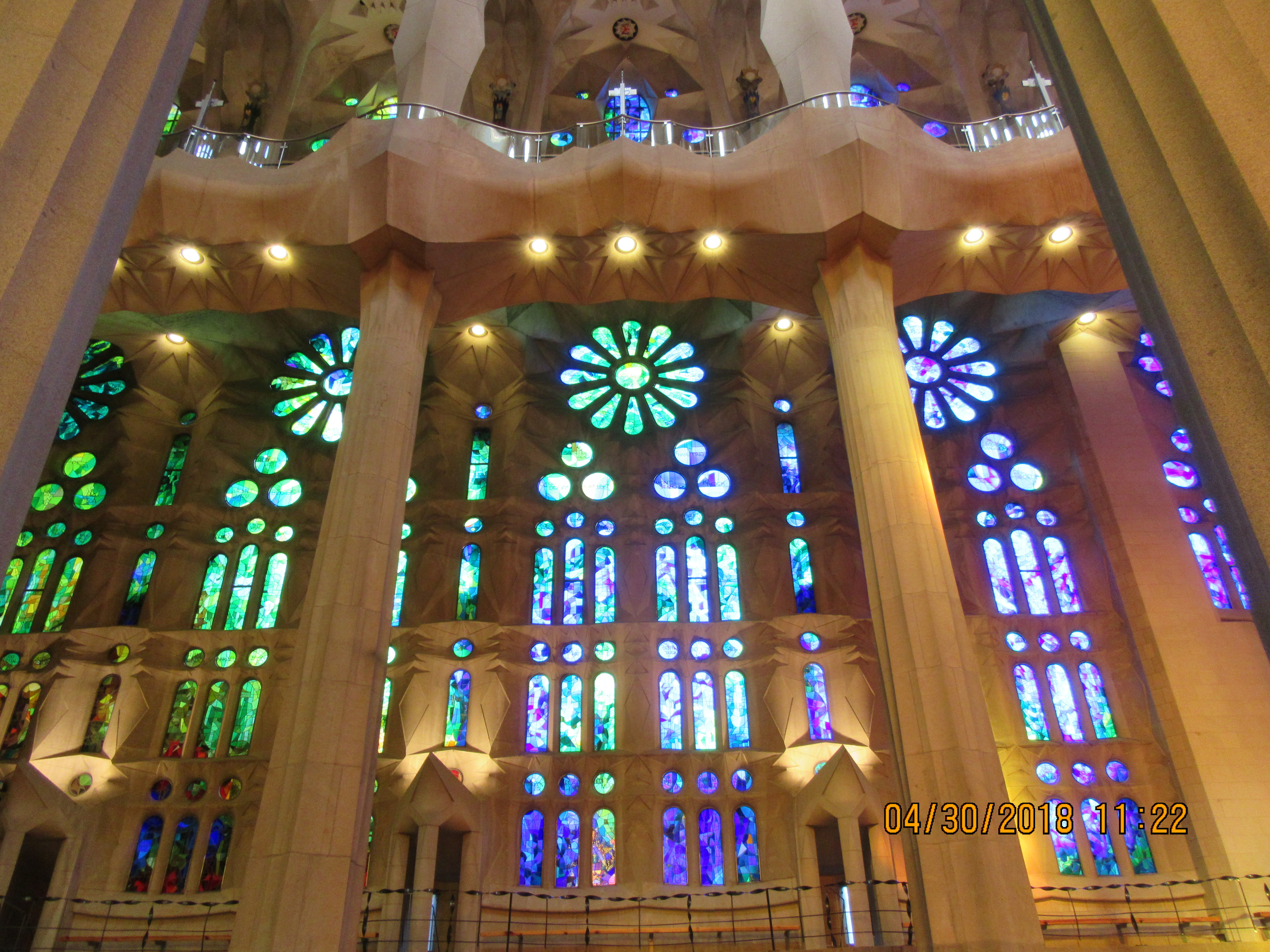

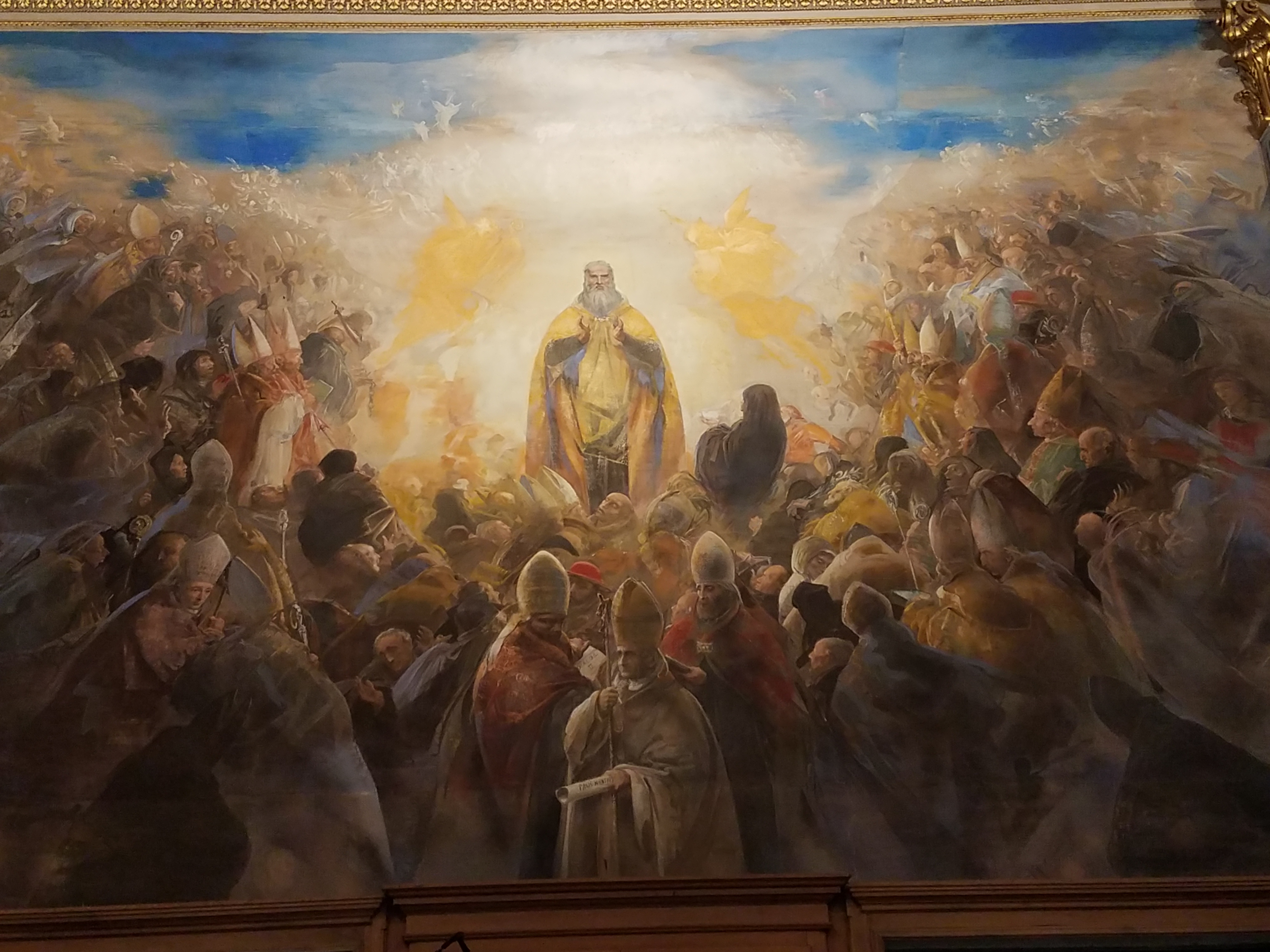

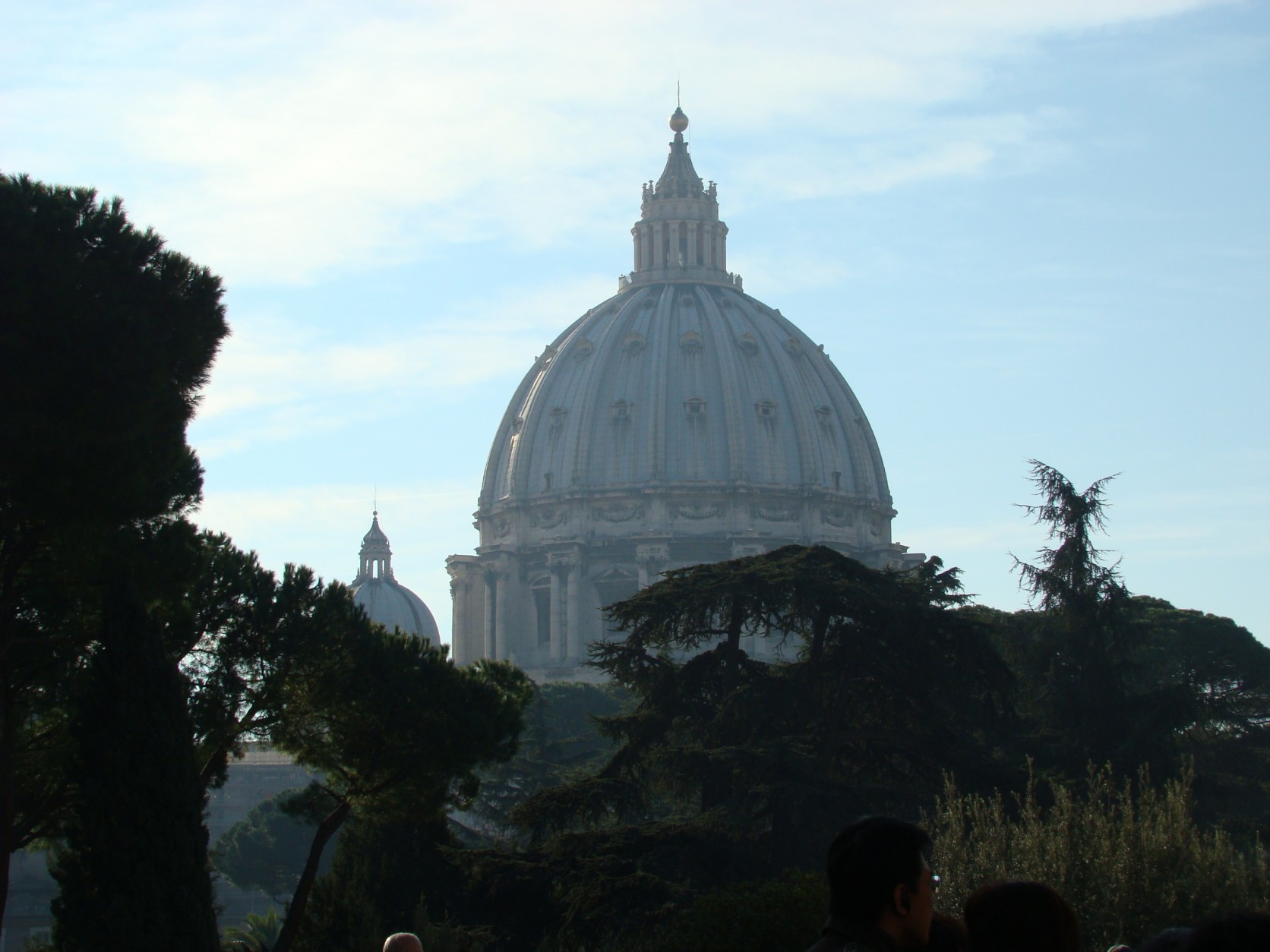

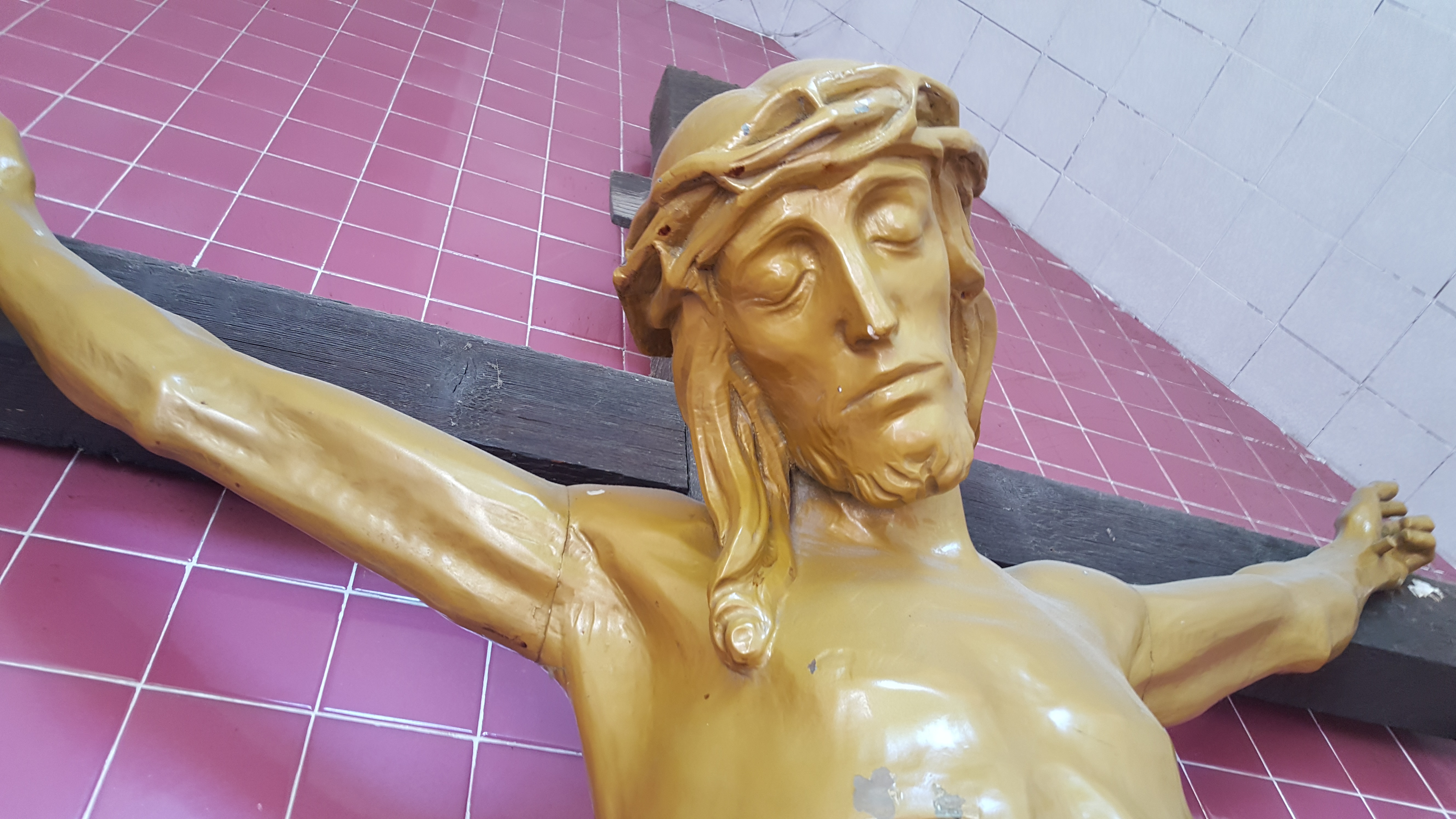




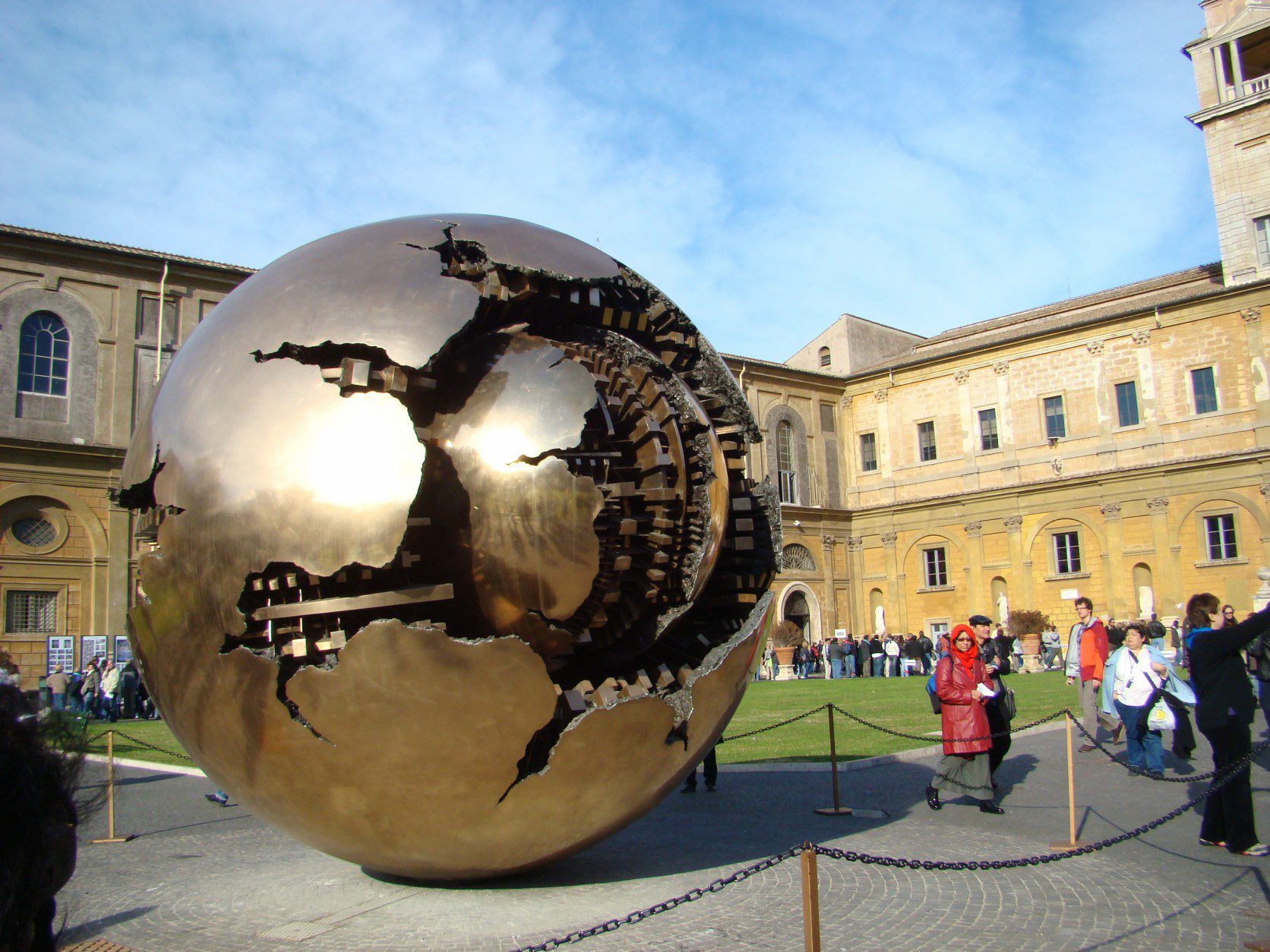

Recent Comments